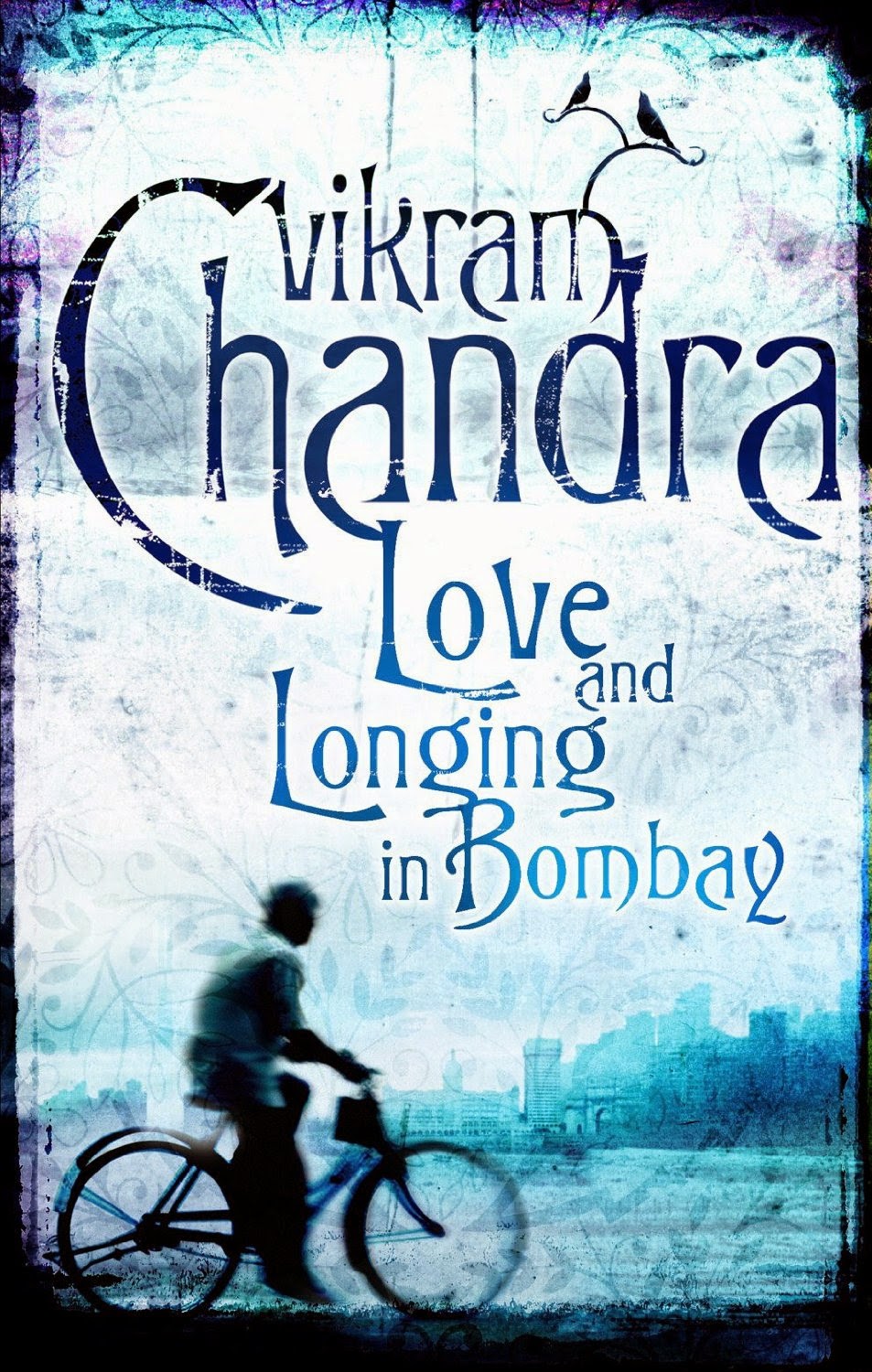Guy Davenport, illustration from Apples & Pears I've just begun reading Andre Furlani's Guy Davenport: Postmodern and After , a magnificent book (so far), and went to track down one of the items cited there, a 2002 interview by B. Renner for the website Elimae . Alas, the site seems to have died, but god bless the Wayback Machine: here it is, cached. The interview is not as meaty as some others, for instance Davenport's Paris Review interview , but it's always interesting, and I was particularly struck by this: DAVENPORT: At Duke I took Prof Blackburn's Creative Writing course (Bill Styron and Mac Hyman were in the class) and got the wrong impression that writing is an effusion of genius and talent. Also, that writing fiction is Expression of significant and deep inner emotion. It took me years to shake off all this. Writing is making a construct, and what's in the story is what's important. And style: in what words and phrases the story is...






